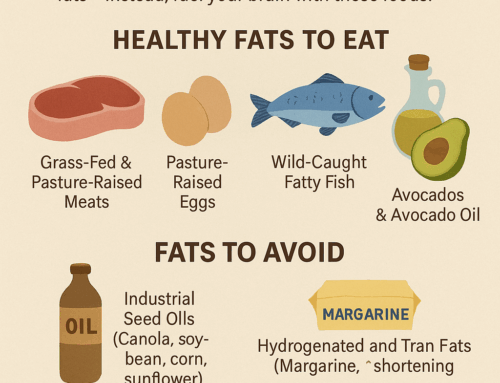PSB – Political Season Blues refers to the anxiety and depression many experience during the political season. Whether it’s an election year or a particularly heated legislative debate—it can bring about a lot of emotions. Some people find it exciting and empowering, while others may experience heightened feelings of stress, anxiety, and even depression. The constant barrage of media coverage, divisive rhetoric, and the weight of the issues at hand can affect our mental well-being.
Why the Political Season Can Affect Mental Health
- Information Overload: With 24/7 news cycles, social media discussions, and political ads, it’s easy to feel bombarded by information. While staying informed is essential, constantly plugging in can lead to feeling overwhelmed, frustrated, or hopeless.
- Social Division: Political discussions often highlight divisions among friends, families, and communities. This can result in strained relationships, leaving people feeling isolated or alienated.
- High Stakes: Political decisions can affect nearly every aspect of our lives, from healthcare and education to jobs and civil rights. The fear of what may happen if the “wrong” candidate wins can cause significant anxiety.
- Personal Connection to Issues: For many, political issues are not just theoretical—they are deeply personal. Whether healthcare, immigration, or civil liberties, feeling like your life or identity is at stake can heighten vulnerability.
- Uncertainty About the Future: Political seasons bring uncertainty. Not knowing what the future holds, especially during tight races or contentious policy debates, can leave people feeling powerless or anxious.
Signs of PSB – Political Season BluesPolitical
- Constantly checking the news or social media for updates
- Feeling irritable, angry, sad, or hopeless about the political landscape
- Difficulty sleeping or concentrating
- Avoiding social situations to escape political discussions
- Increased tension in personal relationships
- Experiencing physical symptoms like headaches or stomachaches due to stress
Tips to Manage Political Stress
- Limit Media Consumption: It’s easy to fall into the trap of doomscrolling, constantly refreshing your feed for the latest news. Try setting specific times during the day to catch up on news rather than being plugged in all day. This will give your brain a much-needed break.
- Set Boundaries in Conversations: Setting limits with friends, family, and coworkers is okay. If you don’t want to engage in political debates, politely let them know you’d rather talk about something else. It’s essential to protect your mental health.
- Focus on What You Can Control: Feeling powerless can lead to anxiety. Instead, take small actions that align with your values. Volunteer, vote, support causes, or have meaningful conversations with those open to dialogue. Focusing on what you can do helps you regain a sense of control.
- Practice Self-Care: During stressful times, prioritize self-care practices that help calm your mind and body. Exercise, meditate, attend church activities, journal, or spend time in nature. These activities can help release built-up tension and provide mental clarity. For more information on how spirituality can help your mental health, visit our blog.
- Stay Connected with Supportive People: Surround yourself with those who uplift you and provide emotional support. A solid support system can make navigating the political season less isolating.
- Take Breaks: It’s okay to step away from politics. Engage in hobbies, read a book, or watch a show that has nothing to do with current events. A mental vacation can be refreshing and help you regain perspective.
- Seek Professional Help if Needed: If the stress or anxiety becomes overwhelming, don’t hesitate to talk to a therapist or counselor. They can offer coping strategies to help you navigate this challenging time.
Finding Balance
The political season can be intense, but it doesn’t have to take over your life. By setting boundaries, practicing self-care, and focusing on what you can control, you can protect your mental health while staying engaged with the issues that matter to you. It’s important to remember that while politics may affect our lives, we still have the power to choose how we respond to the stress and anxiety it can cause.
Ultimately, your mental well-being is crucial—and taking steps to safeguard it can help you weather the political season with more resilience and peace.







Leave A Comment